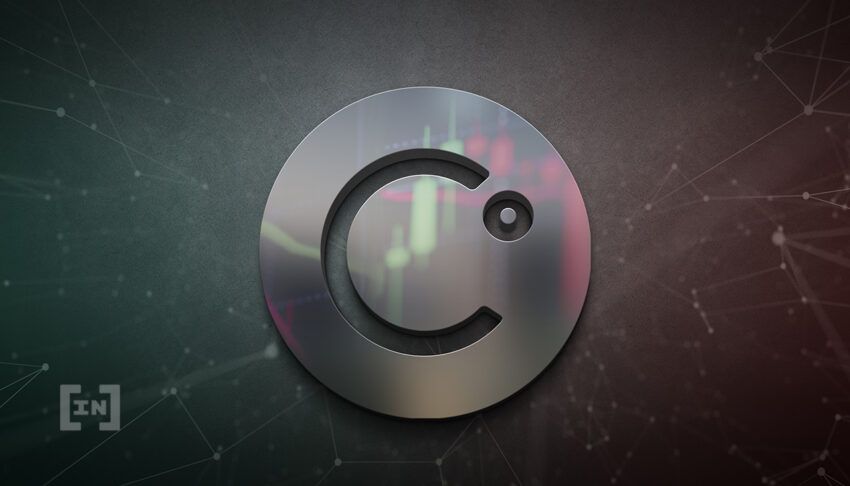Authorities in Texas and Alabama are widening their inquiry into the collapse of crypto-lending companies, Voyager Digital and Celsius Network.
According to a Bloomberg report, the inquiry of the state regulators is tailored toward understanding if the crypto lending firms kept information away about their loans and how they determined creditworthiness.
Joe Rotunda, director of enforcement at the Texas Securities Board, said that the crypto lending firms might not have disclosed the risks that are associated with those lending practices.
According to Rotunda:
What we’re seeing now is that a lot of these crypto-lending firms may not have fully disclosed what they were doing on the backside with investors’ money, the risks associated with those types of lending practices, or even the other types of transactions they are engaging in.
Judge gets crash course in crypto
Judge Michael Wiles presiding over Voyager’s bankruptcy hearing received a digital asset crash course during the first-ever bankruptcy hearing for a digital asset company.
Lawyers representing Voyager taught the Judge crypto concepts like staking and stablecoins.
Josh Sussberg, Christopher Marcus, and Christine Okike from Kirkland & Ellis represented Voyager.
The lawyers, alongside Judge Wiles, admitted that there are many questions regarding how to deal with the bankruptcy filing, especially because it is a first involving digital assets.
Voyager’s lawyer also admitted that the digital assets territory is new to many of them and there would be some legal issues along the way.
The judge nonetheless asked about how Voyager relates with its account holders; if it serves as a custodian for customers’ funds, or if customers are just like bank depositors. His question relates to customers’ funds of about $350 million at the Metropolitan Commercial Bank.
Responding to the judge, Sussberg asserts that the money remains the customers’ and will surely go to them. He adds that this would be done after the company performs a proper fraud prevention process.
Meanwhile, Voyager’s lawyers claim the plan may change if the company can get buyers to acquire the business.
Voyagers’ lawyers also admitted that the firm is facing threats from users and government authorities who are trying to hold them accountable for the issues.
